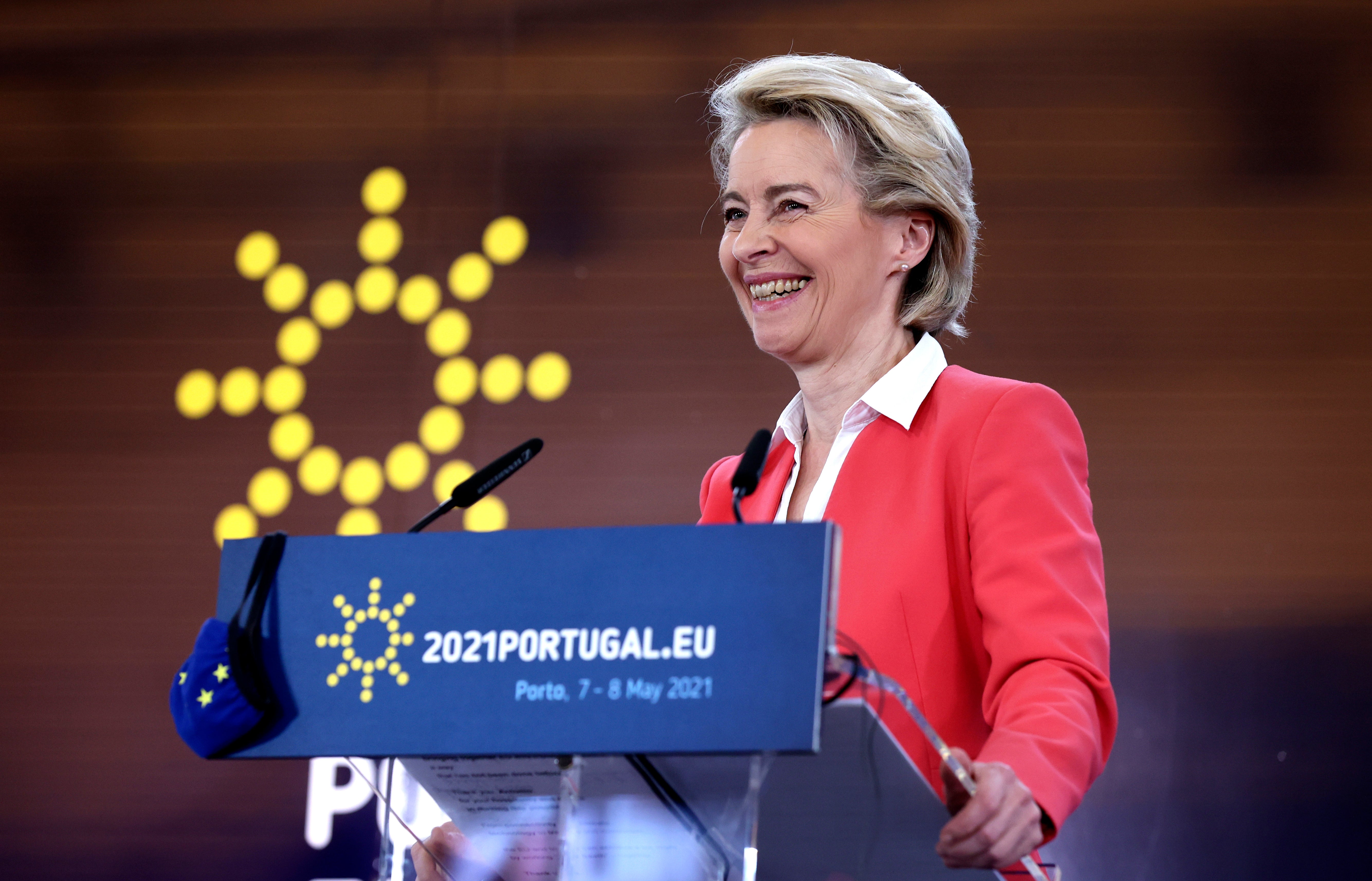EU, India try again to clinch trade deal, sidelining China
The European Union and India have agreed to restart their negotiations on a bilateral free trade deal

Your support helps us to tell the story
From reproductive rights to climate change to Big Tech, The Independent is on the ground when the story is developing. Whether it's investigating the financials of Elon Musk's pro-Trump PAC or producing our latest documentary, 'The A Word', which shines a light on the American women fighting for reproductive rights, we know how important it is to parse out the facts from the messaging.
At such a critical moment in US history, we need reporters on the ground. Your donation allows us to keep sending journalists to speak to both sides of the story.
The Independent is trusted by Americans across the entire political spectrum. And unlike many other quality news outlets, we choose not to lock Americans out of our reporting and analysis with paywalls. We believe quality journalism should be available to everyone, paid for by those who can afford it.
Your support makes all the difference.The European Union and India agreed Saturday to restart negotiations on a bilateral free trade deal, eight years after their first attempt failed and as both sides seek alternatives to China
Indian Prime Minister Narendra Modi spoke via videoconference to EU leaders attending a summit in Portugal. The two sides announced what they called “a pivotal moment" in their relations by agreeing to resume talks they gave up on in 2013 and to collaborate on a wide range of other issues.
Speaking at a press conference after the closed-door talks, senior EU officials were thrilled by the prospect of closer ties with India.
European Commission President Ursula von der Leyen called it “outstanding” and “a landmark moment.” European Council President Charles Michel said Saturday's agreement marked “a new, important chapter” in bilateral relations.
Modi was scheduled to be at the online press conference after the meeting but didn’t appear.
Plans for a face-to-face EU-India summit in Porto in northern Portugal, fell through after Modi canceled his trip due to the devastating pandemic surge in his country. His remote appearance was the first time an Indian leader participated in a meeting with all of the EU’s leaders.
Von der Leyen said 17 EU countries have provided more than 100 million euros ($122 million) worth of pandemic aid to India, including oxygen generators, medicines and ventilators, and were ready to send more.
While trade talks proceed, parallel negotiations will be held on investment protection and geographic indicators - a key interest for the EU, which places importance on protecting its distinctive products - in order to speed up the process, von der Leyen said.
The two sides said in a six-page joint statement that they also agreed to cooperate more in areas such as supercomputing for pandemic and climate change modelling, artificial intelligence and digital and transport connectivity.
Warm relations with India have an added attraction for the EU, which is eager to expand its influence in the Indo-Pacific region.
The EU’s ties with China have soured over Beijing’s treatment of its Uighur Muslim minority, leading to the suspension of the bloc’s ratification of a bilateral investment agreement.
India, meanwhile, fell out with China in a border dispute last year.
Clinching a free trade deal won’t be an easy task for EU and Indian negotiators. Six years of talks produced no agreement the last time they tried, with issues such as vehicle parts and duties on wine and spirits thwarting an agreement.